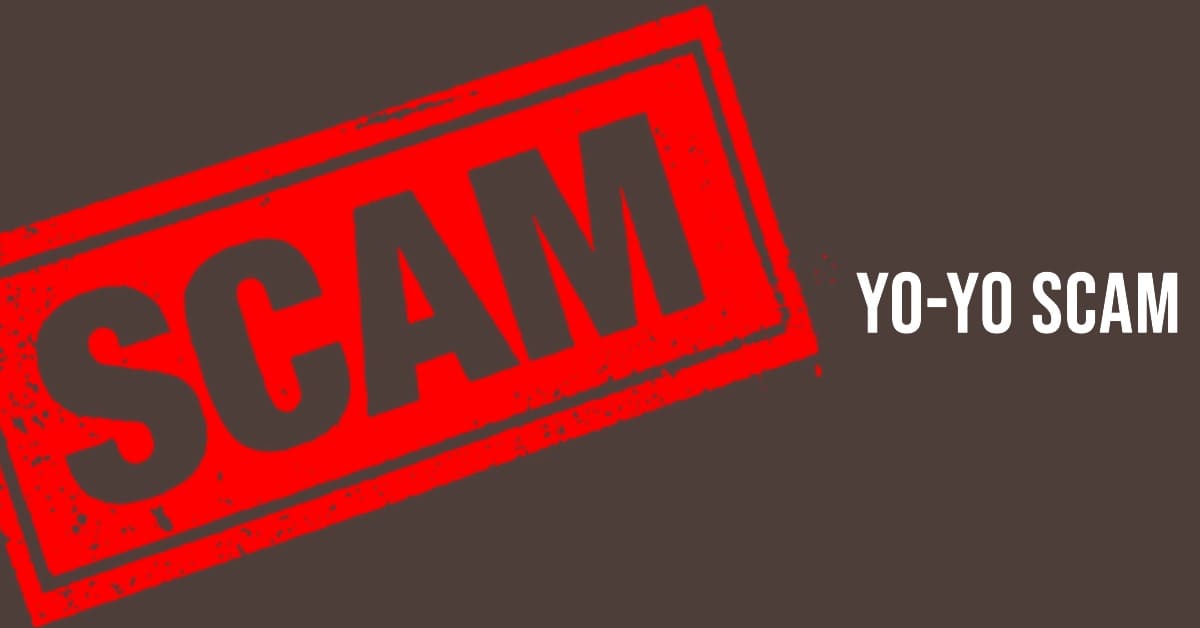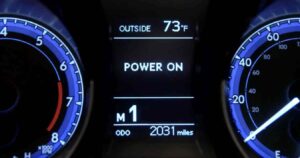Buying a car is one of the biggest purchases you will make in your life. You want to get the best deal possible, and you don’t want to fall victim to any shady practices by the dealer.
One of the most common and harmful scams that car buyers face is the yo-yo scam. This scam can cost you thousands of dollars, damage your credit score, and leave you without a car.
In this blog post, I will explain what the yo-yo scam is, how it works, and how you can avoid it.
Table of Contents
ToggleWhat is the Yo-Yo Scam?
The yo-yo scam occurs when you finance your car through the dealer, and you think that the deal is final. You sign the contract, pay the down payment, trade in your old car, and drive away with your new car.
However, a few days or weeks later, the dealer calls you back and tells you that there is a problem with your financing.
They say that you did not qualify for the interest rate or terms that they offered you, and that you have to come back and sign a new contract with worse conditions.
If you refuse, they threaten to repossess your car, keep your down payment or trade-in, or sue you for breach of contract.
The dealer does this because they did not actually finalize your financing when you bought the car.
They used a practice called spot delivery, which means that they let you take the car home before they sell your loan contract to a third-party lender.
They do this to speed up the sale and prevent you from shopping around for better financing options.
However, if they do not like the offers they get from the lenders, or if they think they can make more money by changing the terms of your loan, they use the yo-yo tactic to pressure you into accepting a worse deal.
The yo-yo scam is also known as spot delivery fraud or conditional delivery fraud. It is illegal in some states, but not in others.
The Federal Trade Commission (FTC) has warned consumers about this scam for years, but it is still very common and affects thousands of car buyers every year.
How to Avoid the Yo-Yo Scam?
The best way to avoid the yo-yo scam is to arrange your own financing before you go to the dealer. You can shop around for the best interest rate and terms from banks, credit unions, or online lenders.
This way, you will know exactly how much you can afford and what your monthly payments will be. You will also have more bargaining power with the dealer, as you can negotiate the price of the car without worrying about the financing.
If you decide to finance your car through the dealer, you should be very careful and read all the documents carefully before signing anything. Here are some tips to protect yourself from the yo-yo scam:
- Ask for a copy of your credit report and score before applying for financing. This will help you know if you qualify for low-interest loans or not.
- Compare the interest rate and terms that the dealer offers you with other financing options. If the dealer’s offer seems too good to be true, it probably is.
- Check if your contract has any clauses that allow the dealer to cancel or change the deal after you take delivery of the car. These clauses may be called “subject to financing”, “conditional delivery”, “spot delivery”, or “bailment agreement”. If you see any of these clauses, do not sign the contract until the financing is final.
- Get a written confirmation from the dealer that your financing is final and approved by a lender. Ask for the name and contact information of the lender who bought your loan contract.
- Do not leave any blank spaces in your contract. Fill in all the details and make sure they match what you agreed on verbally.
- Do not give up your old car until your financing is final. Keep your title and keys until then.
- Do not pay any extra fees or charges that were not disclosed or agreed on before.
- Keep copies of all your documents and receipts related to your car purchase.
If the dealer calls you back and tries to pull off a yo-yo scam on you, do not panic or agree to anything over the phone.
Tell them that you are happy with your original contract and that you will not sign a new one. If they threaten to repossess your car or sue you, tell them that you will contact a lawyer or report them to the authorities.
You have rights as a consumer, and you should not let them bully you into paying more than what you agreed on.
Conclusion
The yo-yo scam is one of the most common and costly scams that car buyers face when they finance their car through the dealer.
It can ruin your finances, your credit, and your car ownership experience. To avoid this scam, you should arrange your own financing before you go to the dealer, or be very careful and vigilant when you sign a contract with the dealer.
If you think you have been a victim of the yo-yo scam, you should seek legal help and report the dealer to the FTC and your state attorney general.
Buying a car should be a fun and rewarding experience, not a stressful and frustrating one. By following these tips, you can avoid the yo-yo scam and save your money.
























